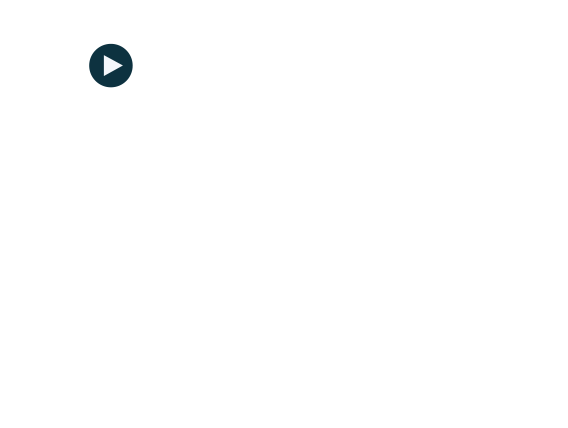
The QA Commons is mindful of the dramatic and transformational impact COVID-19 is having on all institutions of higher education. As an organization, we are adapting our services to support preparing graduates for the workplace that is now changing more precipitously than ever.
 Chloe Moody, QA Commons’ Summer Associate, shares her experiences trying to find a job an embark on a career after her 2022 college graduation.
Chloe Moody, QA Commons’ Summer Associate, shares her experiences trying to find a job an embark on a career after her 2022 college graduation.
Graduating from college is a monumental milestone in a person’s life, often a signifier of one’s official descent into adulthood. It marks the beginning of a new and exciting chapter in life: the transition from college into the workforce.
During my time as a UC Berkeley student, enduring the rigorous, highly competitive academic environment was conveyed to us as a rite of passage in exchange for invaluable educational and professional opportunities we would be afforded upon graduation. In exchange for two of the most difficult yet transformative years of my life, I would be rewarded with a piece of paper guaranteeing my employability at virtually anywhere I wanted. Right?
At least, this is the narrative that was ingrained in my generation throughout our entire educational journey thus far: a college degree—especially one from a prestigious institution—was the key to success, the proverbial golden ticket to life that projected you onto the path for prosperity and success.
However, with the needs of the American workforce rapidly changing, myself and many other recent graduates were met with a cruel reality: the value of a college degree is no longer worth what it once was. At some point during our all-nighter study sessions, and our existentialist nuances about our place in the world, the rules we had grown up obeying were fundamentally changed.
Suddenly, the liberal arts degree you had gone into debt for wasn’t getting you any job offers, despite jumping through the hoops and checking off the boxes on the way to the American Dream. I did everything that was asked of me, I got my four-year degree, now where’s my job offer with a 401k?
Of course, having attended and graduated from college during the first two years of the COVID-19 pandemic certainly didn’t help my ability to gain a solid foundation—consequently, myself and my peers were significantly hindered by experiencing college almost entirely from behind a Zoom camera. Internships, research fellowships, career and networking opportunities—all fundamental aspects of the undergraduate career experience expected from the resumè of a graduate of a prestigious university—of which we were all swiftly robbed.
Global pandemic aside, I had very different expectations for what my career would be post-grad. While there was no on-campus career fair, I sought out companies in the writing and publishing industries at which I could see myself, making plans for a potential doctorate.
Having graduated Phi Beta Kappa, near the top of my class, while being a disabled transfer student, I applied to jobs with the hope that my academics combined with my prior professional writing experience would make up for the lack of internship or research experience on my new resumè.
Although I got a handful of interviews, some of which turned into almost-offers, I always seemed to come just close to good enough, surpassed by someone with skills seen as more employable. I often felt as if I was sending resumès out into the void.
It’s not that post-grads expect to be handed entry-level jobs straight out of college—it’s that the jobs which we were promised are either no longer available, or are asking for skills significantly outside of what we were prepared for. Entry-level positions often pay below living wage and require a minimum of five to seven years experience, forcing myself and many other college graduates to take retail positions, or even enter unpaid internships in our mid-twenties. On the opposite side, others end up going back to school, as a Bachelor’s degree is regarded as the bare minimum.
I sometimes joke that I didn’t go to Berkeley, that’s just where my degree is from. It’s not only that I wasn’t prepared for the workforce as a result of pandemic learning, but also that in the five years it took me to complete my undergraduate education, the demands and expectations of the job market were irrevocably changed. Not only that, but with workforce culture operating as a professional coterie to which only select individuals are granted access, many post graduates—especially liberal arts majors like myself—are left out of opportunities.
Enter your email below to follow this project and receive notifications.










We appreciate you contacting us. One of our colleagues will get back to you shortly.
